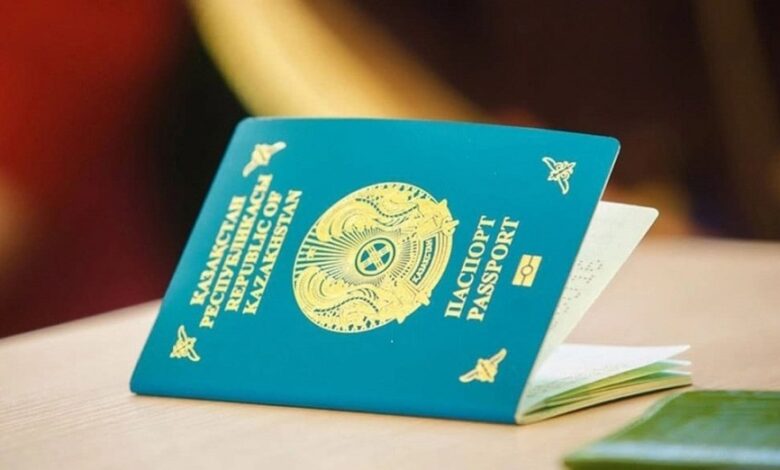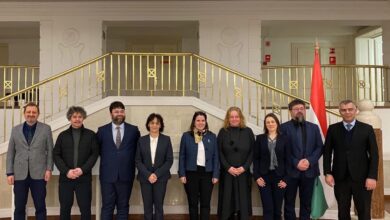
The law, approved on Thursday, May 16, includes significant amendments aimed at regulating these areas more strictly, as reported by the Akorda press service.
One major change is that individuals who do not know the Kazakh language or the country’s history may be denied citizenship. The law also introduces criminal penalties for damaging video surveillance equipment in prisons and detention centers.
Additionally, Kazakh citizens relocating to government-designated regions will be eligible for land grants for farming. These relocated individuals and their families will receive financial support, including relocation subsidies, rental reimbursements, utility bill coverage, and economic mobility certificates.
The law outlines new reasons for denying or revoking citizenship. These include committing crimes against the sexual integrity of minors, lacking basic knowledge of the Kazakh language, and not understanding the fundamentals of Kazakhstan’s Constitution and history as required by the authorized educational body.
New visa categories have been introduced, such as a multiple-entry investor visa and a visa for individuals in high-demand professions, both of which can lead to permanent residency in Kazakhstan.
The law also bars entry to individuals involved in extremist or terrorist organizations, repeat offenders, leaders of criminal groups, and those convicted of serious crimes against minors. Additionally, those who have committed serious crimes in Kazakhstan and have been transferred to their home countries based on international treaties will be prohibited from re-entering.
These amendments are part of the Law of the Republic of Kazakhstan “On introducing amendments and additions to some legislative acts of the Republic of Kazakhstan on improving legislation in the areas of population migration and the penal system.” The Akorda press service noted that the law includes other changes aimed at further improving migration legislation.



